Endless Grief in Gerardo Sámano Córdova’s Monstrilio
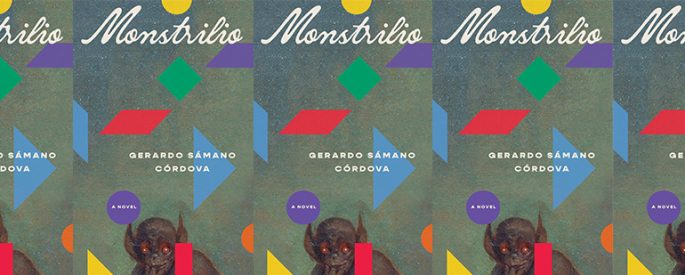
Sámano Córdova asks readers to imagine cheating death even for a little bit, even if we know it will all go wrong, even if we know the second grief can only be worse.
Gender Euphoria in Frankissstein
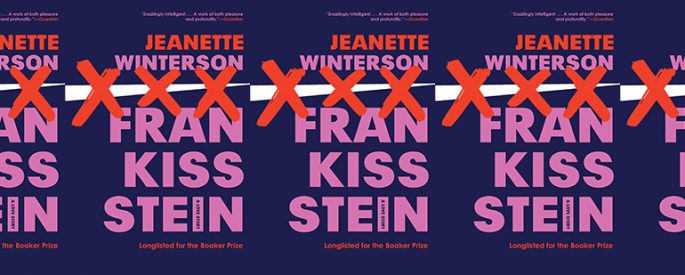
Contrary to the arguments made for the total disembodiment of humanity through digital consciousness, the protagonist in Jeanette Winterson’s 2019 novel presents a striking argument for remaining in human bodies: gender euphoria.
Birds as Metaphor in Birds of Maine and Big Questions
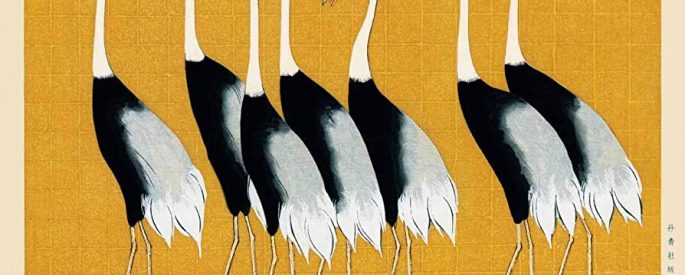
What Michael DeForge and Anders Nilsen have managed to do is highlight some of humanity’s best traits—and reflect them back to us through the use of these flighty, flittering creatures. Life is beautiful, they seem to be pleading. Take a moment to look at things from a different perspective.
Hurricane Diane’s Exploration of Discomfort, Capitalism, and Our Climate Crisis
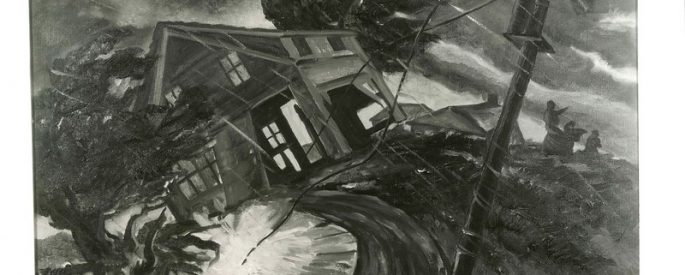
Madeline George's 2017 play lays bare a difficult reality: that any meaningful action on climate change will be uncomfortable, that it's dangerous to avoid discomfort, and that there are many for whom comfort is the only thing they can cling to in the boxed in world of late capitalism.
Knowing and Not Knowing in Italo Calvino’s The Written World and the Unwritten World
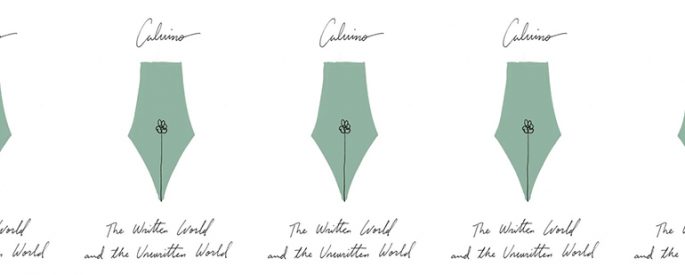
A new collection of Italo Calvino’s nonfiction provides the reader with a deep sense of the range of Calvino’s interests and his open-minded approach to what constitutes art, as well as the pleasure it incites in him.
Anaphora and Propaganda in The Mother/Child Papers
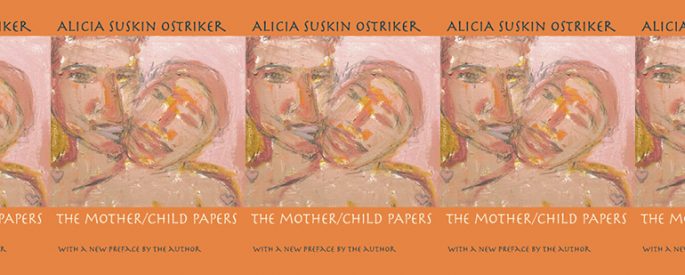
Propaganda is inevitably all about power, and Alicia Suskin Ostriker both describes and questions power dynamics in her 1980 collection—from the power of nation states to wage war, to the ever-shifting power that children and parents have over each other.
Bridget Jones’s Anxiety
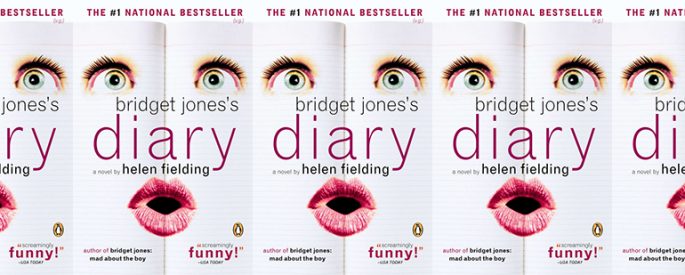
Helen Fielding’s 1996 novel uses the journal format for its intense relatability, leading to a claustrophobic portrayal of the intrusive nature of societal expectations that never lets up, even when its heroine finds herself pulled into madcap office romances and a time-share embezzlement scheme.
Authorial and Historical Absence in I’ll Be Gone in the Dark
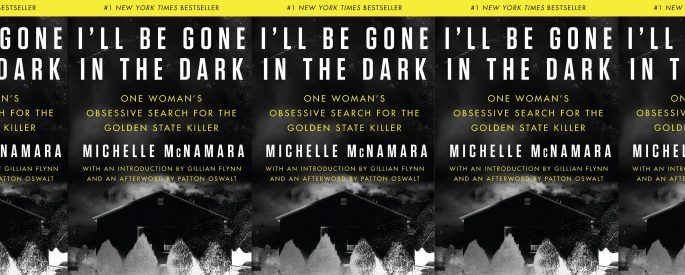
Michelle McNamara’s authorial absence mirrors the lack of emotional closure in the case of the Golden State Killer, both in the historical moment when her book was being composed and the perpetrator was still unidentified, and post-conviction, when comprehension still remains out of reach.
The Artist as Writer
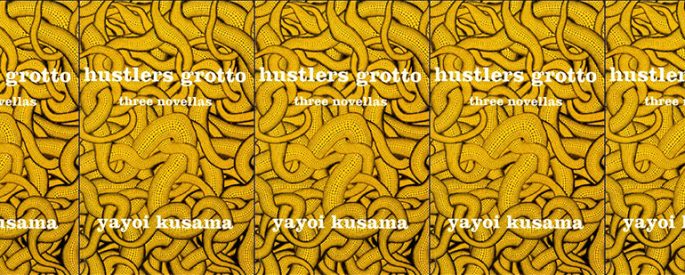
In 1973, Kusama Yayoi returned to Japan from New York and began experimenting with poetry and fiction.
The Depth of Memory in Nona Fernández’s Voyager
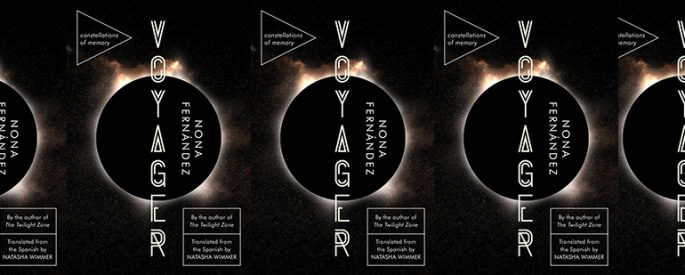
The essays in Fernández’s collection weave from the personal to the profound, from the historical to the mystical, from the scientific to the spiritual. The book has one fundamental message: to hold the past is what makes us human.